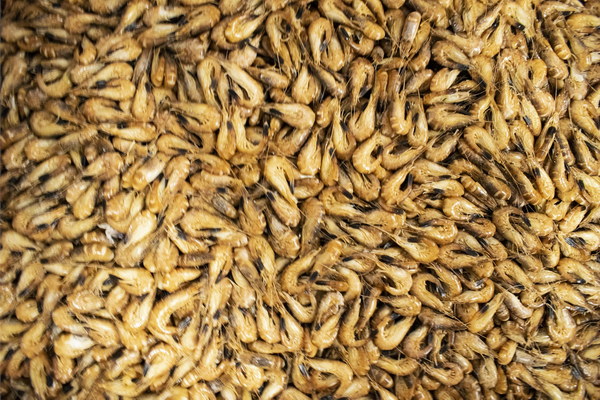Revitalizing Your Health A Comprehensive Guide to Obesity Recovery and Wellness
Introduction:
Obesity is a significant health concern that affects millions of people worldwide. It not only affects physical well-being but also has a profound impact on mental and emotional health. This article aims to provide you with valuable insights into obesity recovery and wellness, focusing on key aspects such as diet, exercise, and lifestyle modifications.

1. Understanding Obesity:
Before delving into recovery strategies, it is crucial to understand what obesity is. Obesity is a medical condition characterized by an excessive amount of body fat. It is typically defined as having a body mass index (BMI) of 30 or higher. Obesity increases the risk of various health problems, including heart disease, diabetes, and certain cancers.
2. The Importance of Diet:
A balanced and nutritious diet is essential for obesity recovery. Here are some tips to help you revitalize your health:
a. Increase Fiber Intake: High-fiber foods, such as fruits, vegetables, whole grains, and legumes, can help you feel fuller for longer, reducing overall calorie intake.
b. Control Portion Sizes: Be mindful of portion sizes to avoid overeating. Use smaller plates and bowls to control the amount of food you consume.
c. Choose Nutrient-Rich Foods: Prioritize whole foods, such as lean proteins, healthy fats, and complex carbohydrates, which provide essential nutrients and promote satiety.
d. Avoid Highly Processed Foods: Processed foods are often high in calories, low in nutritional value, and can contribute to weight gain.
3. Incorporating Exercise into Your Routine:
Regular physical activity is vital for obesity recovery and overall health. Here are some effective exercises to include in your routine:
a. Cardiovascular Exercise: Activities such as brisk walking, jogging, swimming, or cycling help burn calories and improve heart health.
b. Strength Training: Incorporate strength training exercises, such as lifting weights or using resistance bands, to build muscle mass and increase metabolism.
c. Flexibility and Balance: Yoga, Pilates, or stretching exercises can improve flexibility, balance, and overall well-being.
d. High-Intensity Interval Training (HIIT): HIIT involves short bursts of intense exercise followed by periods of rest or low-intensity activity. This method can be highly effective in burning calories and improving fitness levels.
4. Lifestyle Modifications:
Adopting healthy lifestyle habits can significantly impact your obesity recovery journey. Here are some essential modifications:
a. Adequate Sleep: Ensure you get enough sleep each night, as sleep deprivation can disrupt hormonal balance and increase hunger.
b. Stress Management: Find effective stress management techniques, such as meditation, deep breathing exercises, or engaging in hobbies, to reduce the risk of emotional eating.
c. Social Support: Surround yourself with supportive friends and family members who can encourage and motivate you throughout your obesity recovery journey.
5. Seek Professional Guidance:
If you are struggling to lose weight or manage obesity, seeking professional guidance from healthcare providers, dietitians, and fitness experts is crucial. They can tailor a personalized plan that meets your specific needs and goals.
Conclusion:
Obesity recovery and wellness require a holistic approach, encompassing diet, exercise, and lifestyle modifications. By understanding the importance of these factors and implementing them into your daily routine, you can revitalize your health and improve your quality of life. Remember, seeking professional guidance and maintaining a positive mindset are key to a successful obesity recovery journey.









